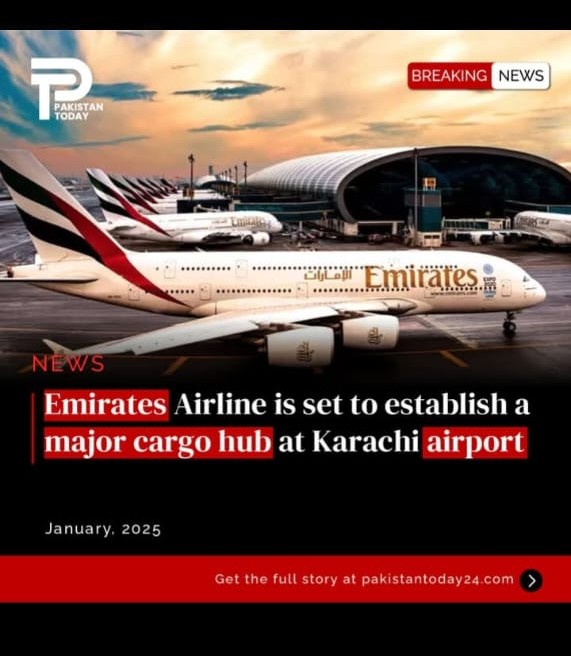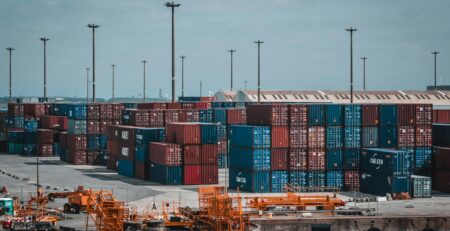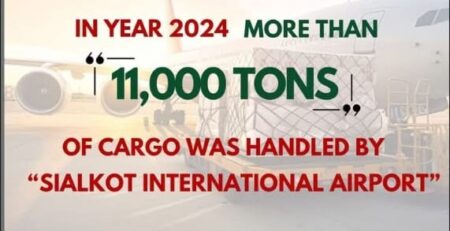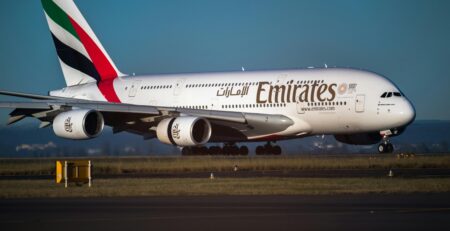Emirates Airline to Establish a Major Cargo Hub at Karachi Airport: A Game-Changer for Regional Trade
In a groundbreaking move that highlights Pakistan’s growing significance in global trade, Emirates Airline has announced plans to establish a major cargo hub at Karachi’s Jinnah International Airport. This ambitious development aims to transform Karachi into a key logistics gateway, bridging regional and international markets.
Why Karachi? A Strategic Choice
Karachi, the financial capital of Pakistan, has long been the epicenter of the country’s trade and commerce. Its strategic location along the Arabian Sea and proximity to key regional markets, including South Asia, the Middle East, and Central Asia, make it an ideal hub for cargo operations. Emirates’ decision to expand its cargo network in Karachi underscores the city’s potential to serve as a vital node in the global supply chain.
The Jinnah International Airport is already Pakistan’s busiest airport, handling millions of passengers and thousands of tons of cargo annually. With Emirates establishing a cargo hub here, the airport is set to see a significant boost in infrastructure, technology, and operational efficiency.
What This Means for Trade and Economy
The establishment of the cargo hub is poised to have a profound impact on Pakistan’s trade landscape. Here are some key benefits:
- Enhanced Connectivity: The hub will connect Karachi to Emirates’ vast global network, linking exporters and importers in Pakistan to over 150 destinations worldwide. This is expected to streamline logistics, reduce transit times, and open up new trade corridors.
- Boost to Exports: Pakistan’s export sectors, such as textiles, agriculture, seafood, and pharmaceuticals, will benefit from faster and more reliable access to international markets. This move could significantly enhance the competitiveness of Pakistani goods abroad.
- Job Creation and Economic Growth: The project will create thousands of direct and indirect jobs in logistics, warehousing, transportation, and airport services. Moreover, increased trade volumes are likely to contribute to Pakistan’s GDP growth.
- Technology Transfer and Modernization: Emirates’ state-of-the-art cargo handling systems and expertise will likely elevate the operational standards of Karachi airport, making it a world-class cargo hub.
Emirates SkyCargo: Leading the Transformation
Emirates SkyCargo, the cargo division of Emirates Airline, is globally recognized for its innovative and efficient air freight solutions. With a focus on speed, reliability, and customer service, the division has been instrumental in facilitating global trade.
By establishing a hub in Karachi, Emirates SkyCargo will enable businesses to capitalize on emerging opportunities in e-commerce, perishables, and pharmaceutical logistics. With Pakistan’s growing role in regional trade and the rise of online marketplaces, this move is well-timed to support evolving market demands.
Infrastructure Development: A Collaborative Effort
The success of this initiative will depend on a collaborative effort between Emirates Airline, Pakistan’s Civil Aviation Authority, and local stakeholders. Planned upgrades to Karachi airport’s cargo terminals, including increased capacity, modernized facilities, and advanced technology, will play a pivotal role in ensuring the hub’s success.
A Bright Future for Karachi and Pakistan
Emirates’ decision to invest in a cargo hub at Karachi airport signals growing confidence in Pakistan’s economic potential. The move not only strengthens trade ties between Pakistan and the world but also reinforces Karachi’s position as a key player in the global logistics network.
As this project unfolds, it is set to unlock new opportunities for businesses, boost Pakistan’s trade volumes and pave the way for economic prosperity. Emirates Airline’s expansion is more than a corporate initiative—it is a gateway to a brighter, more connected future for Pakistan.












Leave a Reply